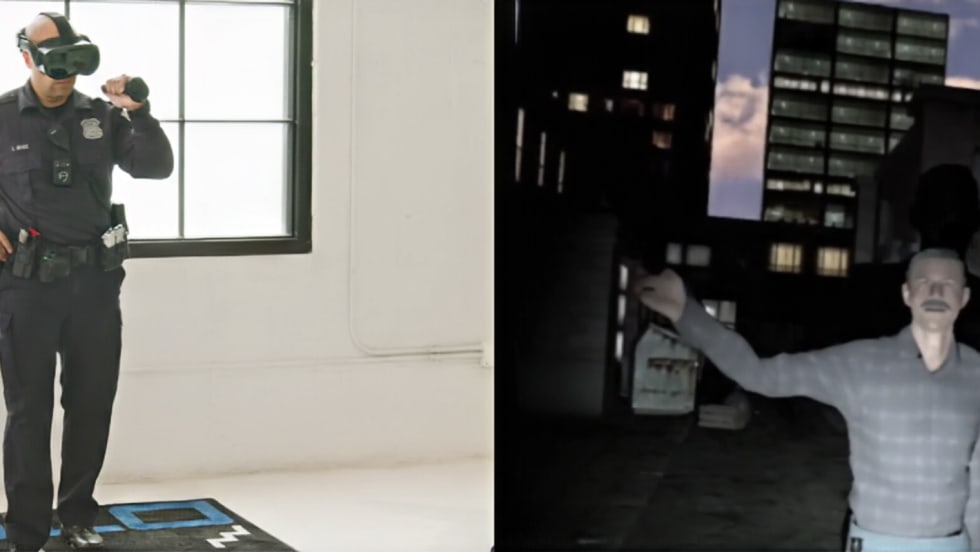Lou Holtz, a former American football player, coach, and analyst, said, "Life is 10% what happens to you and 90% how you respond to it." I found this to be very true in my own career. Anyone who spends any time at all as a law enforcement officer realizes the job is filled with ups and downs. Most of them come not from dealing with the public but from your own interactions within your agency. How you perceive those interactions will affect the way you manage your career.
Some people like to take the easy way out and blame others. They become whiners and complainers and see fault in everything except in themselves. Don't ever become that person if you want to be a successful supervisor. Instead, you need to concentrate on changing negative situations into positive outcomes, even if that outcome requires you to change something about yourself or the way you do things. There are three things only you can control: the choices you make, the attitude you display, and your level of performance.
The choices you make are your own. Only you can decide what course of action you will take. For example, let's look at choosing not to follow policy. If you intentionally violate policy without an exigent circumstance to cover it, it's on you. During your internal affairs investigation, stating, "But everyone else does it!" will only make you sound juvenile. Besides, any veteran officer will tell you the response to that is, "We are not talking about everyone else right now; we are talking about you."
Making an honest mistake is not the same thing as continuing in a course of conduct you know is wrong. That's not a mistake, but a clearly defined choice. You cannot hide behind a poor choice and then pretend it's something else.
The attitude you display reflects how you view the world. No one can decide your attitude for you. A big part of it is how you frame an issue, because this is what drives your approach to finding a solution. If you frame your issue in a negative way, then no solution will make you happy. I'm not suggesting that every issue has a happy ending, nor am I suggesting you try to turn everything into unicorns and rainbows. I am asking that you confront any issue honestly, accept what you can and can't do, and move on. No one ever said life was fair.
Ask yourself, "Is my attitude helping me or hurting me?" If it's not helping, then why keep the bad attitude? Wouldn't you rather work with someone who has a good attitude over someone with a bad attitude? So would everyone else. I refer to people who consistently have a bad attitude as energy vampires because they just suck the life right out of you. It's the same drama day in and day out and they never do anything about it. Don't be the type of person who feeds into your own drama.
As a supervisor, you're responsible for managing productivity, so your performance is important. Productivity can be considered a direct result of what choices one makes and what attitudes influence them. For example, how productive you are in traffic enforcement is up to you. You can document results by using verbal warnings, written warnings, or uniform traffic citations. Or you can choose not to make any traffic stops at all, displaying a lack of performance.
A lack of performance is always a clue to something bigger going on that requires attention. Keep in mind that changes in your performance are the easiest to spot because they are the easiest to measure. If you are a hard charger one day and dragging your feet the next, everyone will notice it.
Just as you can't run from your choices, attitudes, or performance, neither can your subordinates. If you have an energy vampire in your unit you need to deal with that person quickly. As a supervisor, you must not accept their poor choices masquerading as excuses. You need to remain firm and stress the importance of having standards and enforcing them. Make sure your people know what you expect of them and take action when they don't meet that expectation. Don't let them blame others, especially if it involves their choices, attitudes, and performance. Understanding that there are always three things you can control is a powerful tool. Don't be afraid to apply it to yourself or others.
Amaury Murgado retired a senior lieutenant from the Osceola County (FL) Sheriff's Office with over 29 years of experience and retired from the Army Reserve as a master sergeant.












